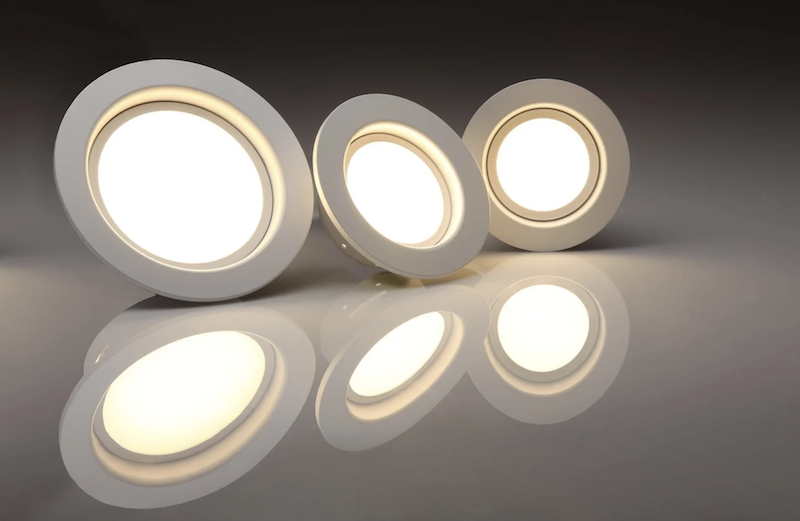The U.S. Department of Energy recently released a report on the initial performance and reliability of chromaticity sensors used for tunable LED lighting systems.
This study found that a chromaticity sensor used in the control system of a tunable lighting installation has high reliability, even under relatively harsh test conditions. The study examined the initial performance and aging characteristics of a sensor consisting of a series of six photodiodes that respond to different wavelengths to adjust illuminance, correlated color temperature (CCT), and chromaticity.
The sensor devices were exposed to a 5,000-hour accelerated stress test: one group at a continuous room temperature operating life, a second at a continuous but elevated ambient temperature of 75°C, and a third in a temperature-humidity environment of 75°C and 75% relative humidity (also known as a 7575 environment).
No abrupt failure of the sensor was found after 5,000 hours of testing, even in the relatively harsh 7575 environment. Just one parametric failure after 5,000 hours of 7575 testing was observed. Such a failure produces a change in a tunable device that would be noticeable to an observer. Light from the tunable fixture would likely be blue-shifted.
Related Stories
Codes and Standards | Dec 9, 2020
Investors want building resiliency plans and risk mitigation practices
Owners should assess risk, insurance coverage, and ability to withstand disasters.
Codes and Standards | Dec 4, 2020
OSHA cites more than 200 employers for COVID-19 violations
Agency releases guidance on lessons learned from pandemic inspections.
Codes and Standards | Dec 1, 2020
Pandemic spurs nearly 16 million people to move from major cities
Most of the movement seems permanent.
Codes and Standards | Nov 30, 2020
USGBC ready to catalyze LEED Positive future
New programs, updates will spur shift to regenerative strategies.
Codes and Standards | Nov 30, 2020
Updated spec for self-adhering flashing surrounding exterior fenestration products released
FGIA document was last updated in 2013.
Codes and Standards | Nov 30, 2020
Finalized 2021 Energy Code leaves out future-proofing provision
Appeals process nixed requirement for residential electrification readiness.
Codes and Standards | Nov 23, 2020
GBCI turns over GRESB ownership to global investment firm
Organization assesses sustainability performance of real estate and infrastructure portfolios and assets.
Codes and Standards | Nov 23, 2020
New industrywide clay brick EPD launched
Contributes toward LEED v.4.0 and v.4.1 materials and resources requirements.
Codes and Standards | Nov 19, 2020
The ‘15-minute city’ could transform municipal planning
Concept aims for car-free living.
Codes and Standards | Nov 18, 2020
Commissioning study finds median energy savings of 3% to 16%
Berkeley Lab examines results of commissioning across building types.

















